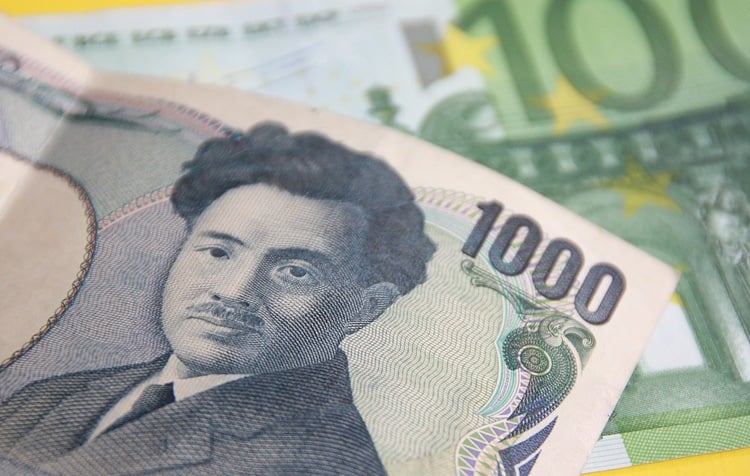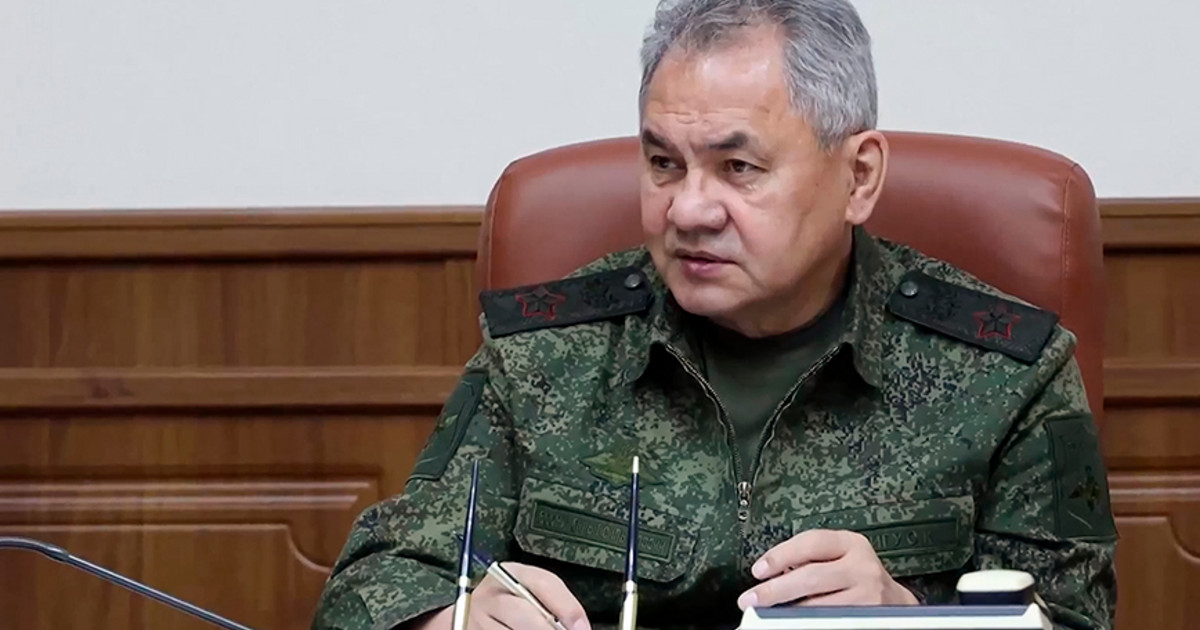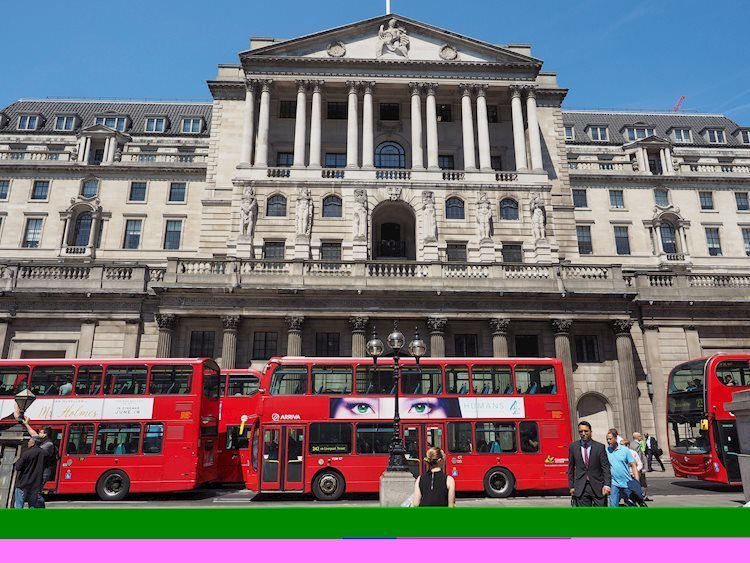Her Eleftherias Kourtali
The end of the bond market program and the preparation of the ground for the first interest rate increase since 2011, next July, international analysts widely expect that the European Central Bank will announce at its meeting this Thursday where it will present the new (and worse) forecasts for growth and inflation. Although interest rates are expected to increase by 25 bp next month, more aggressive increases of 50 bp are not ruled out. In addition, the ECB is not expected to announce a new bond market support program in the event of a strong sell-off, unless it reiterates its intention to plan it if necessary.
More specifically, the forecasts from Barclays, Goldman Sachs, BNP Paribas, Citigroup, Credit Suisse, Deutsche Bank, HSBC and UBS are as follows:
Barclays: Thursday’s meeting is an important preparation for the normalization of July. He does not expect the board to change key interest rates, but believes it will signal a firm commitment to ending net asset purchases in the first weeks of July, paving the way for a 25 basis point hike that month. He expects the new ECB forecasts to show significantly lower growth and higher inflation than the March forecast, with the lower growth forecast unlikely to surprise markets, however. But as eurozone inflation has not yet peaked (which is expected to happen in the third quarter of this year), the burden falls on the ECB to “extinguish” the possibility of a 50 basis point increase in July. However, if Lagarde leaves all options on the table, market pricing (currently above 30 basis points for July) is likely to continue to rise, providing a basis for a recovery in the euro / dollar exchange rate.
Goldman Sachs: Inflation in the euro area is converging to US levels. In fact, over the past six months, inflation in the eurozone has risen slightly faster than in the US. And while nominal wage growth remains much lower in Europe than in the US, it appears to be accelerating significantly in 2022. It therefore expects the ECB meeting to lay the groundwork for eight consecutive 25-bp increases starting in July until the deposit rate reaches 1.5% by mid-2023. The risks surrounding this forecast, however, are twofold. A sharper recovery in inflation expectations could trigger a 50-bp increase, and either a complete shutdown of Russian gas or significant fiscal pressures could lead to a cessation of the growth cycle.
THE BNP Paribas expects the ECB to formally announce the end of net asset purchases and, in effect, to announce the first interest rate hike in July. The biggest debate concerns the appropriate pace of policy smoothing. He does not expect the ECB to reject the option of a 50 bp increase, but still considers 25 bp increases more likely. Like the Fed, the ECB is now heading for a more “neutral” policy stance, with risks leaning towards having to go beyond the neutral level to curb inflation. A new “backstop” tool for checking spreads is unlikely to be announced at the meeting, although he still believes it will emerge at some point in the near future.
Citi: It expects the ECB on Thursday to announce the end of net purchases in June and raise interest rates by 25 basis points in July. But in the midst of very high inflation in the eurozone, the question is how the ECB will frame the debate on a possible 50 bp increase in July or September. The markets increased their estimates for the ECB interest rate trend for the end of the year, with 32/36/28/28 bp for the July / September / November / December meetings respectively, totaling 125 basis points. “We believe that the ECB will keep on the table a possible increase of 50 basis points, as inflation in the eurozone continues to exceed,” he said.
THE Credit Suisse Expects the ECB (i) to confirm that net asset purchases will cease by the end of June (or possibly the first half of July) and (ii) to strengthen its plan to raise interest rates at its next two meetings in July and September (with a data-dependent path below). He believes that the risk of raising interest rates earlier in this week’s meeting is very small. The new set of ECB macroeconomic forecasts is likely to show significant downturns in GDP growth and significant upgrades in inflation forecasts. Expects Lagarde to reiterate that the ECB (i) has the flexibility to reinvest PEPP bond maturity flexibly in all countries and (ii) is ready to design a “fragmentation tool” to prevent feedback Debt sustainability concerns and rising regional bond yields, if needed – but without further details at this stage.
Deutsche Bank: First, it seems quite unlikely that the ECB will accelerate its policy rate hike and move forward on Thursday. Although technically impossible, there was no hint of a raise in June either on Lagarde’s blog or in Lane’s interview last week. It seems that important policy decisions have already been made, perhaps when the Board met on May 18th. Specifically, that the net purchases under the APP will be completed at the end of June (the end of the second quarter equals the beginning of the first quarter) and that the negative interest rates will end during the two meetings of the third quarter. Secondly, interest rate guidance needs to be updated. Taking the unusual decision to announce the increase in July, Lagarde essentially said that the new ECB staff forecasts – to be announced on Thursday – meet the three criteria for raising interest rates (eg the 2024 inflation forecast). will be 2%). Third, a stability backstop is expected to be required in this tighter cycle and DB continues to expect it to be announced as a response to fragmentation rather than precautionary measures.
HSBC: The ECB will release new forecasts that are likely to show much higher inflation than March and lower growth. It is also expected to outline significant downside risks in the event of further escalation of geopolitical tensions. However, according to the report of the April meeting, inflation is currently clearly above the ECB’s concerns, as the pressures widen with some indications of a second round of effects that are beginning to appear in wage growth. HSBC therefore does not believe that any ECB growth concerns will derail the policy normalization process, but rather that the risks of inflation will accelerate it. The main political decision the ECB has to make in June is to end QE. HSBC estimates that it will stop net asset purchases at the end of June, from € 20 billion a month to zero. The ECB guidance states that interest rate hikes will be “gradual”. The consensus on the Board seems to indicate increases by 25 bp. However, some hawks have increased their chances of rising 50 basis points in July, and Christine Lagarde has kept the door open in the event that inflation outlook worsens. However, this issue will not be resolved in June, even if the ECB may point to the possibility of future change. The balance sheet reduction will not be discussed yet, but it may not be far off.
Finally, the UBS estimates that the ECB will announce that the APP will expire in early July. This would pave the way for the first rate hike on July 21, raising the deposit rate from -0.5% to -0.25%. This will be the first interest rate increase since July 2011. It expects subsequent interest rate increases of 25 basis points on September 8 and December 15 (to + 0.25%) and four more increases in 2023 (March, June, September, December) at 1.25%. 2024 is not yet part of the official UBS forecast horizon, but it would not rule out another one or two ECB interest rate hikes then. He does not expect the ECB to introduce a new bond-buying tool this week. He also doubts that the ECB will launch a new round of LTRO or TLTRO, although he believes that the obstacle to the future launch of such a facility is low – depending on the financing conditions it could well happen later this year or next.
Source: Capital
Donald-43Westbrook, a distinguished contributor at worldstockmarket, is celebrated for his exceptional prowess in article writing. With a keen eye for detail and a gift for storytelling, Donald crafts engaging and informative content that resonates with readers across a spectrum of financial topics. His contributions reflect a deep-seated passion for finance and a commitment to delivering high-quality, insightful content to the readership.






